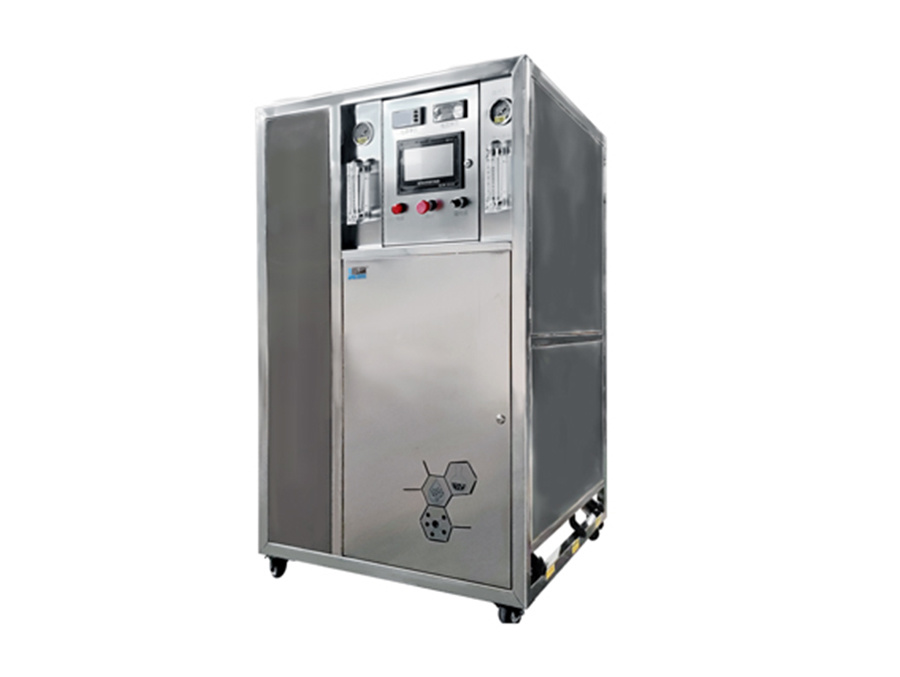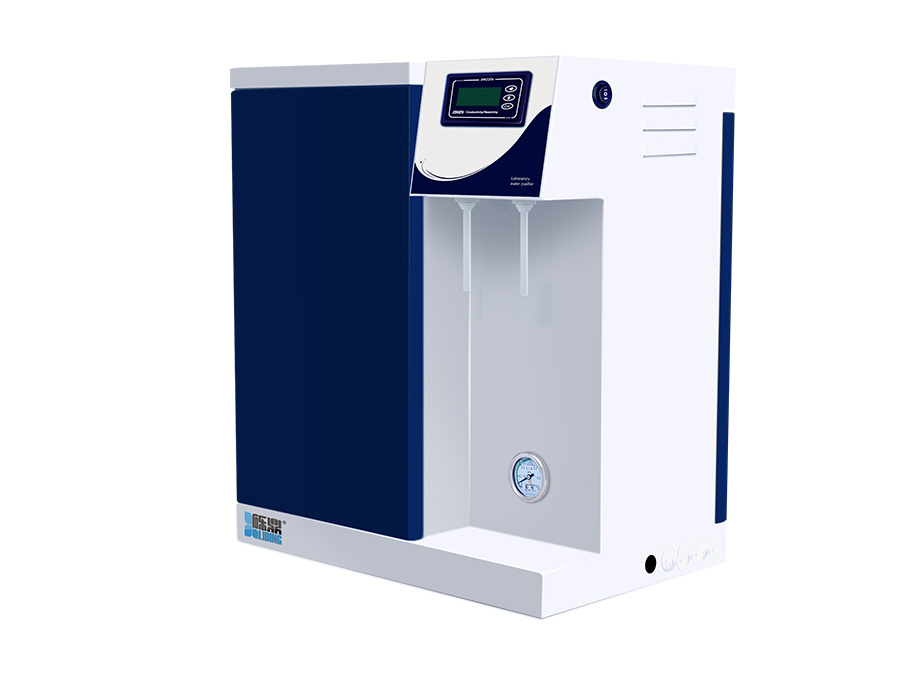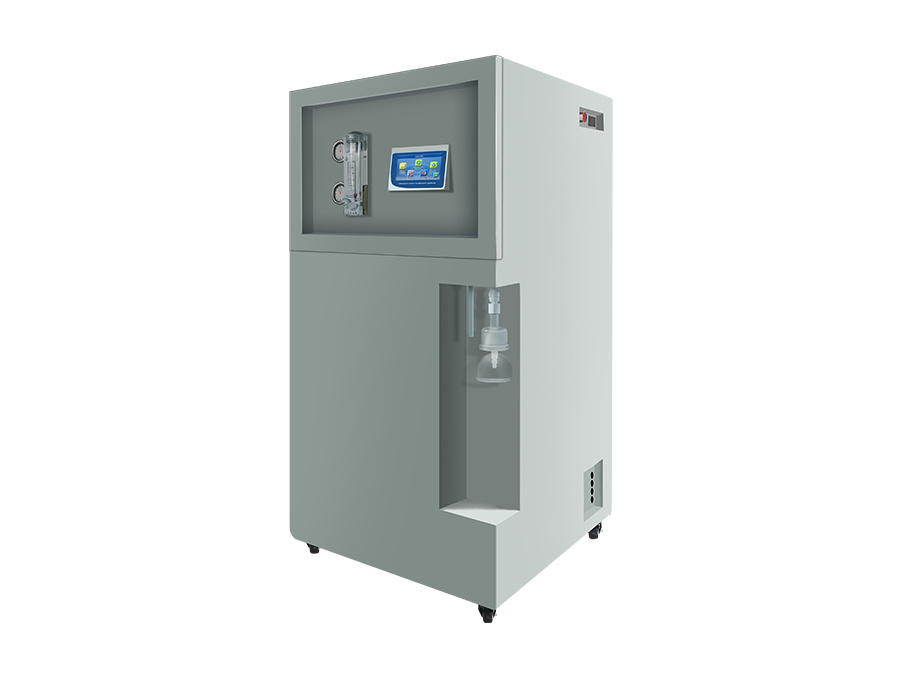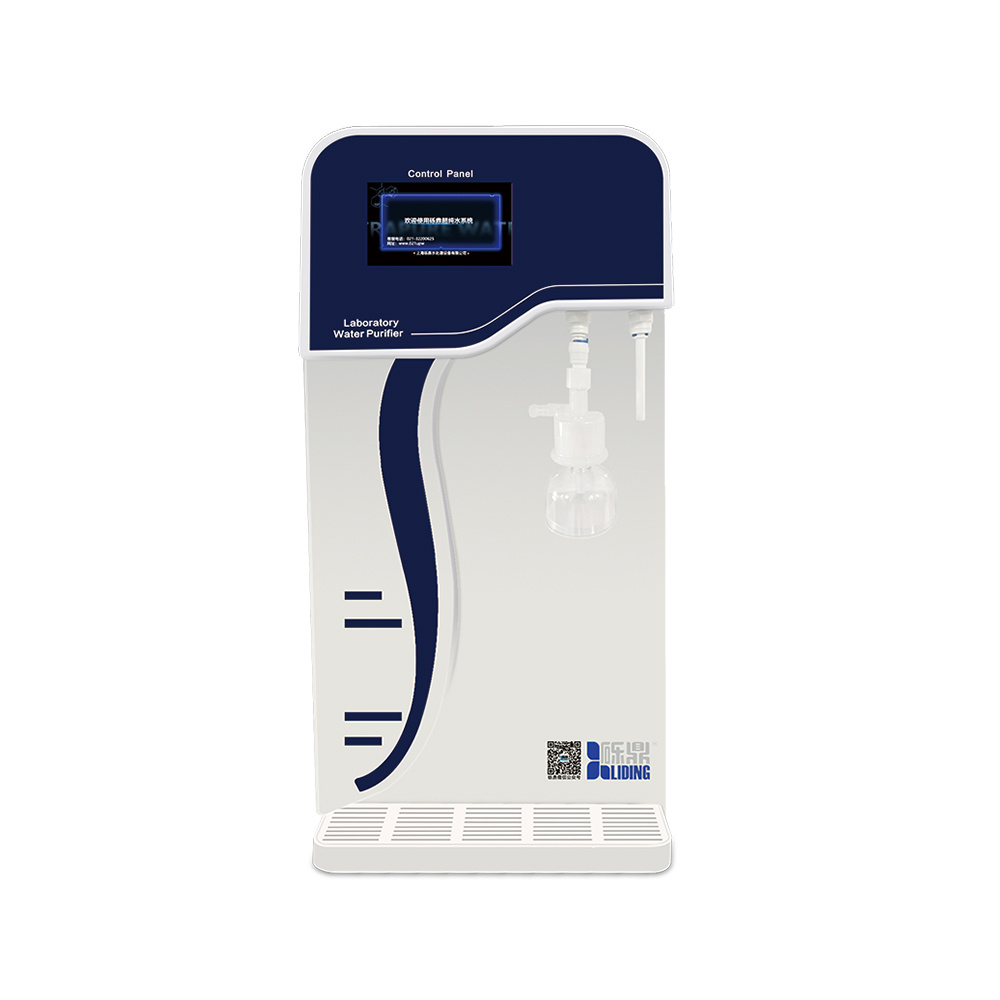Understanding Laboratory Ultrapure Water Systems: Essential Insights for Efficient Water Purification
Time:
Jun 20,2025
Laboratory ultrapure water systems are crucial for industries that require high-purity water for various applications, including analytical research, chemical synthesis, and biological experiments. These systems are designed to remove contaminants and impurities, ensuring the water meets stringent quality standards essential for sensitive operations.
At the core of any ultrapure water system are advanced purification technologies. Typically, these systems utilize a combination of processes such as reverse osmosis, deionization, and UV oxidation to produce water that is free of ions, organic compounds, and microbial contaminants. Reverse osmosis serves as the first line of defense by filtering out larger particles and dissolved solids. Following this, ion exchange resins effectively remove charged particles, further enhancing water purity. Ultraviolet light treatment is often employed as a final step to eliminate bacteria and viruses, ensuring the water is not only pure but also safe for use in laboratory environments.
An essential aspect of laboratory ultrapure water systems is their ability to monitor water quality continuously. Most modern systems feature built-in sensors that measure resistivity, which indicates the level of contaminants present in the water. By monitoring resistivity in real-time, users can ensure that the output water consistently meets the desired purity levels. This is particularly important in industries where even trace amounts of contaminants can compromise the integrity of experiments or production processes.
Moreover, system maintenance plays a vital role in sustaining water purity. Regular maintenance schedules, including filter replacement and system sanitization, are necessary to prevent degradation in performance. Users should be trained to understand the importance of these maintenance routines and recognize the signs of potential issues. Additionally, integrating a logging system can help track usage and maintenance history, providing valuable insights into the system's performance over time.
In conclusion, laboratory ultrapure water systems are indispensable for industries that prioritize water quality. By understanding the underlying technologies, monitoring practices, and maintenance requirements, users can optimize the performance of these systems to ensure the highest levels of water purity. Investing in a reliable ultrapure water system not only supports compliance with stringent quality standards but also enhances the overall efficiency and reliability of laboratory processes.
At the core of any ultrapure water system are advanced purification technologies. Typically, these systems utilize a combination of processes such as reverse osmosis, deionization, and UV oxidation to produce water that is free of ions, organic compounds, and microbial contaminants. Reverse osmosis serves as the first line of defense by filtering out larger particles and dissolved solids. Following this, ion exchange resins effectively remove charged particles, further enhancing water purity. Ultraviolet light treatment is often employed as a final step to eliminate bacteria and viruses, ensuring the water is not only pure but also safe for use in laboratory environments.
An essential aspect of laboratory ultrapure water systems is their ability to monitor water quality continuously. Most modern systems feature built-in sensors that measure resistivity, which indicates the level of contaminants present in the water. By monitoring resistivity in real-time, users can ensure that the output water consistently meets the desired purity levels. This is particularly important in industries where even trace amounts of contaminants can compromise the integrity of experiments or production processes.
Moreover, system maintenance plays a vital role in sustaining water purity. Regular maintenance schedules, including filter replacement and system sanitization, are necessary to prevent degradation in performance. Users should be trained to understand the importance of these maintenance routines and recognize the signs of potential issues. Additionally, integrating a logging system can help track usage and maintenance history, providing valuable insights into the system's performance over time.
In conclusion, laboratory ultrapure water systems are indispensable for industries that prioritize water quality. By understanding the underlying technologies, monitoring practices, and maintenance requirements, users can optimize the performance of these systems to ensure the highest levels of water purity. Investing in a reliable ultrapure water system not only supports compliance with stringent quality standards but also enhances the overall efficiency and reliability of laboratory processes.
RELATED NEWS








